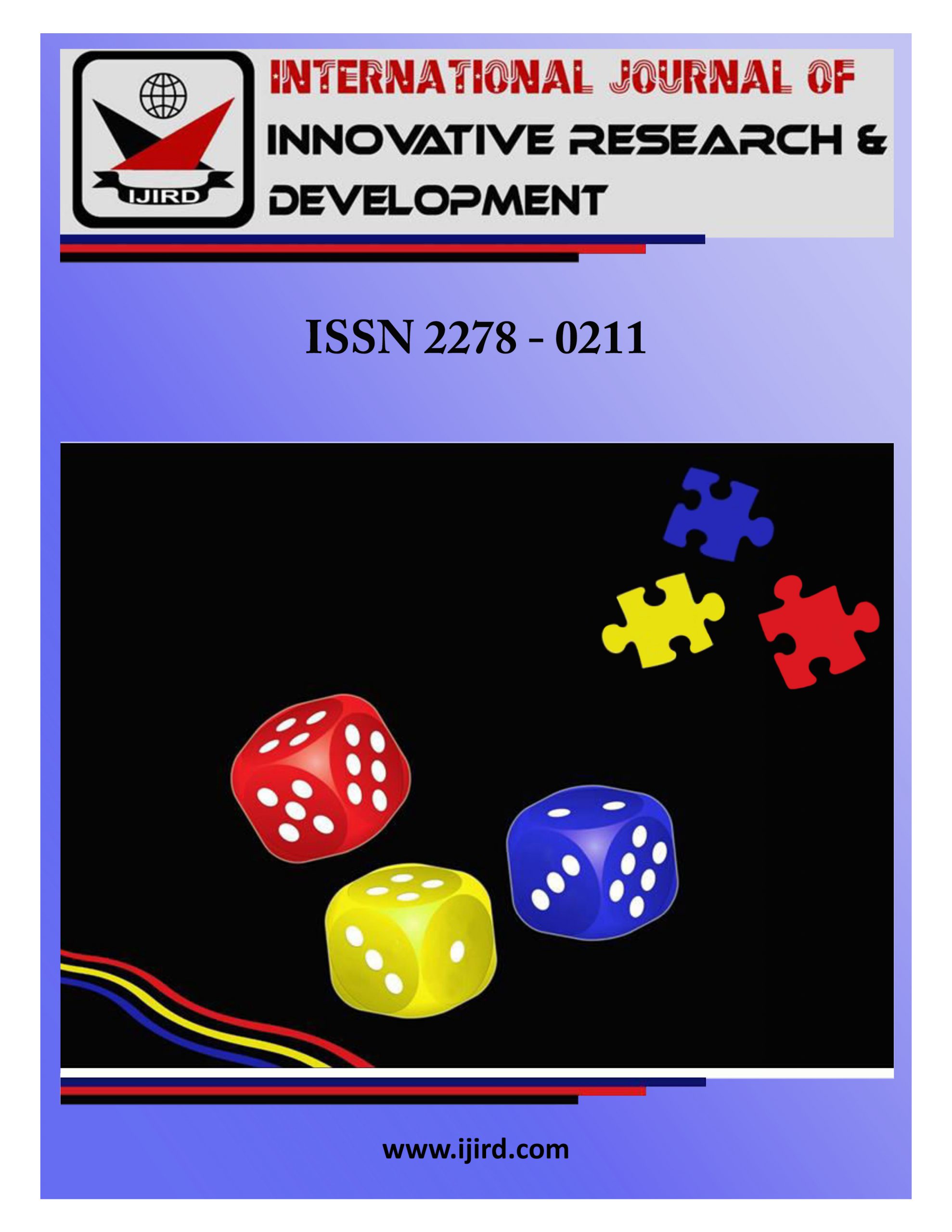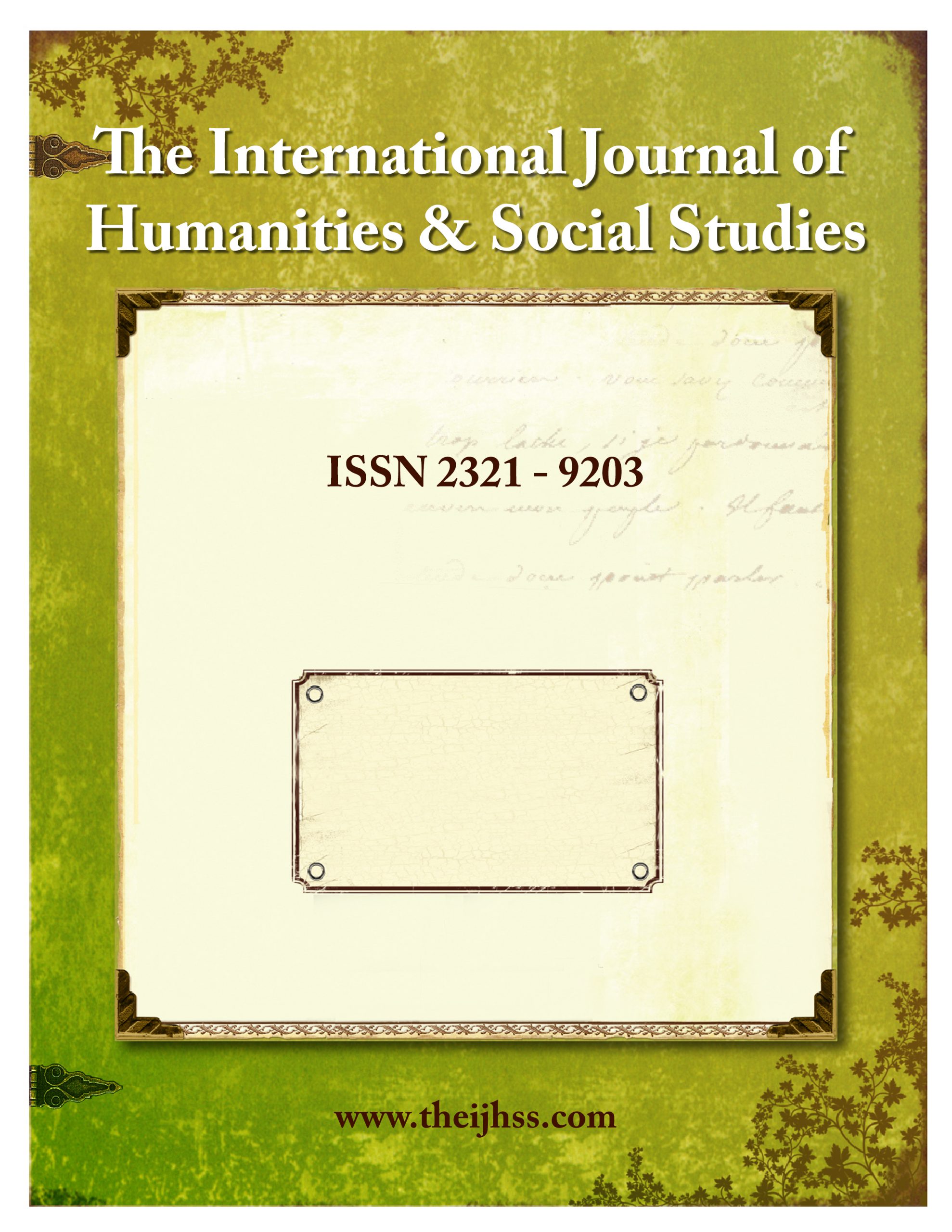Co-authoring, the practice of collaborating with other researchers and scholars on academic papers and journal publications, offers several benefits that can enhance the quality and impact of your research work. Here are ways co-authoring can be advantageous for your journal publications:
- Diverse Expertise: Co-authoring allows you to combine your expertise with that of other researchers from different backgrounds and disciplines. This diversity of knowledge can lead to a more comprehensive and well-rounded study, enhancing the credibility of your findings.
- Increased Research Productivity: Collaborating with others can lead to increased research productivity. With more hands on deck, the workload is distributed, enabling you to complete research projects more efficiently and publish more frequently.
- Access to Resources: Co-authors may have access to resources, data, or equipment that you do not possess. Utilising these resources can strengthen your research and provide more robust evidence for your study.
- Peer Review Support: Having co-authors to review your work before submission can improve the quality of your paper. They can offer valuable feedback, identify potential weaknesses, and suggest improvements, leading to a more polished final publication.
- Collaboration Network: Co-authoring builds a network of colleagues and collaborators. This network can lead to future research opportunities, grant collaborations, and invitations to participate in academic events, thereby expanding your academic profile.
- Multidisciplinary Publications: Collaborating with researchers from different fields can result in multidisciplinary publications. These interdisciplinary studies can attract a broader readership and have a more significant impact across various disciplines.
- Increased Visibility and Citations: Co-authored papers often receive more citations than single-authored works. This increased visibility can boost your reputation as a researcher and contribute to your academic career advancement.
- Division of Labor: Co-authors can divide the workload, each contributing to specific aspects of the research, such as data collection, analysis, literature review, or writing. This division of labour helps manage time and resources more effectively.
- Improved Collaboration Skills: Co-authoring fosters teamwork and collaboration skills. Learning to work effectively with others and communicate ideas clearly and concisely are valuable skills that benefit both your academic and professional life.
- Mentorship and Learning Opportunities: Collaborating with more experienced researchers can offer valuable mentorship and learning opportunities. As a less-experienced researcher, you can gain insights into the research process and improve your own skills through the guidance of seasoned co-authors.
In summary, co-authoring provides a platform for researchers to pool their expertise, resources, and ideas, resulting in more robust and impactful journal publications. It fosters collaboration, expands academic networks, and offers opportunities for personal and professional growth in the academic community.










